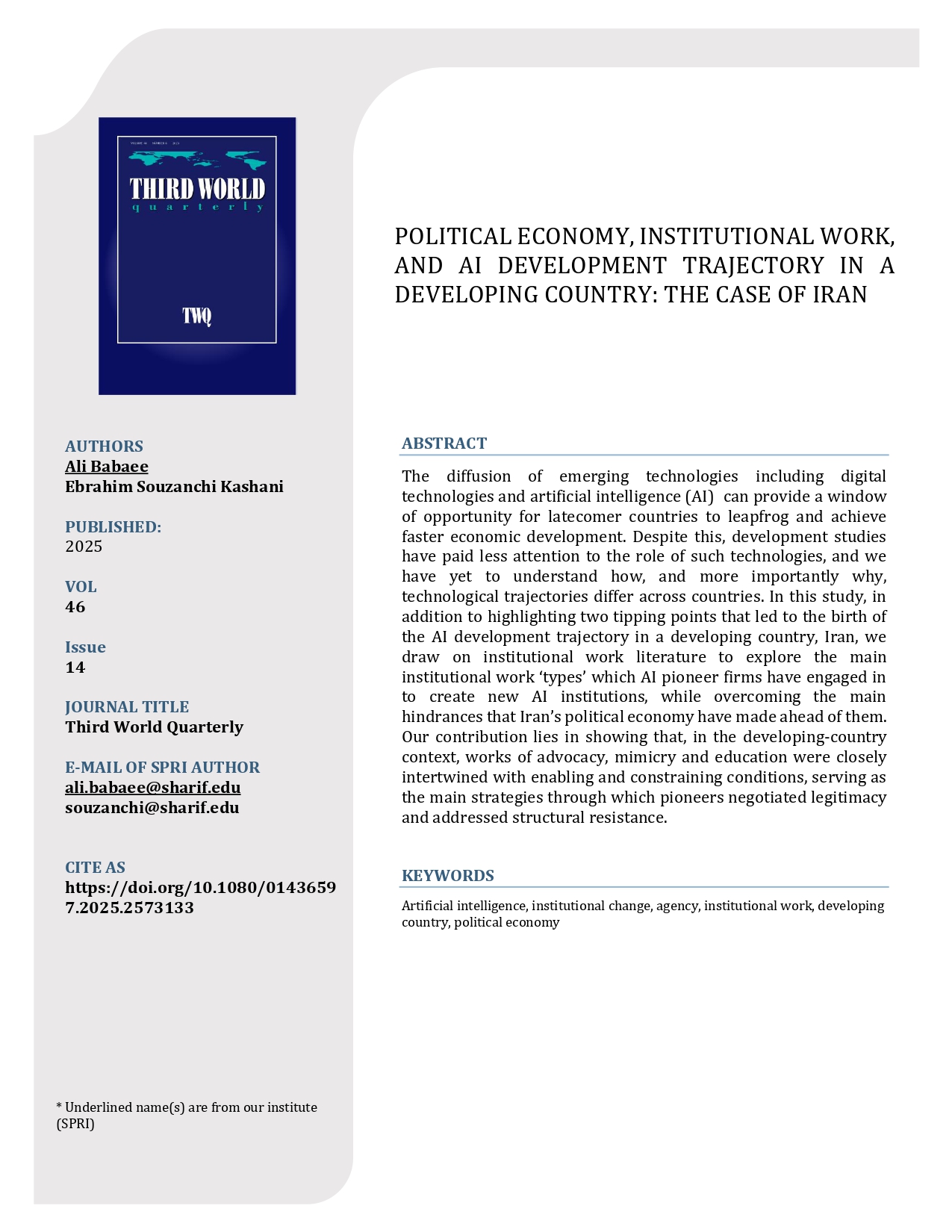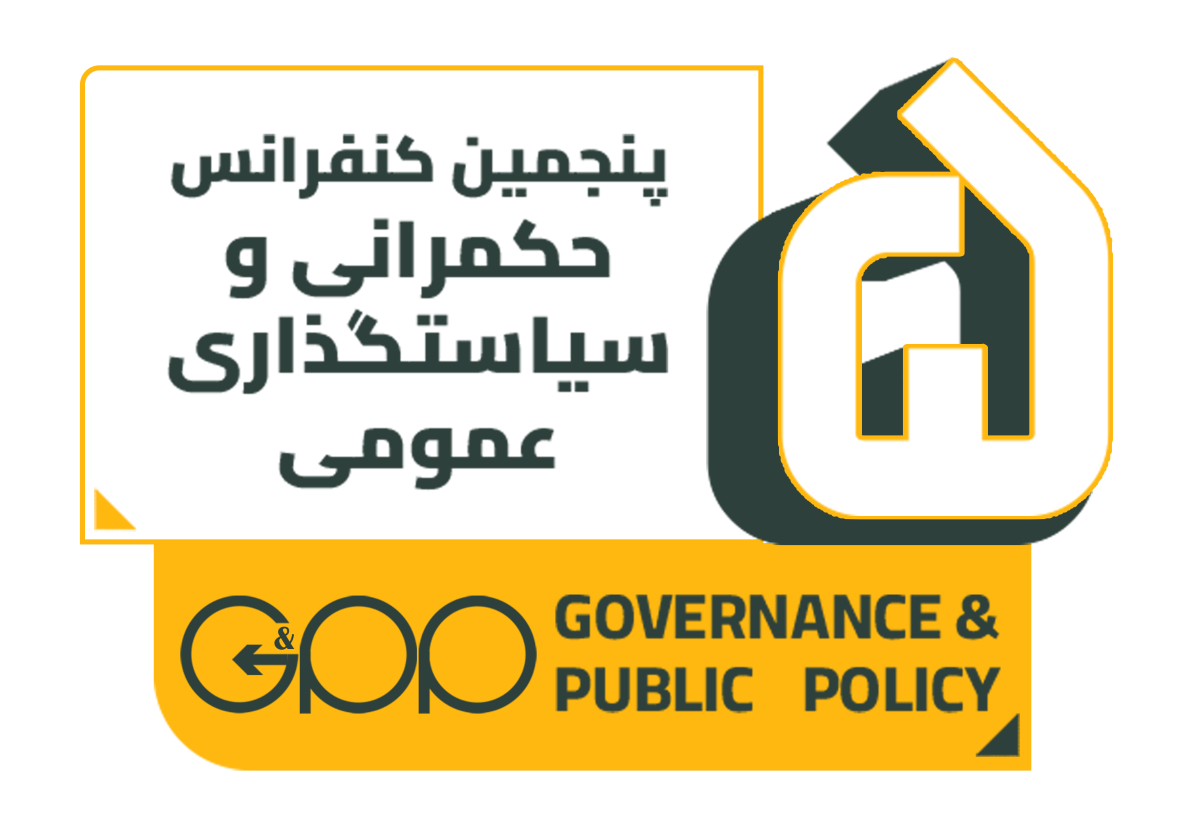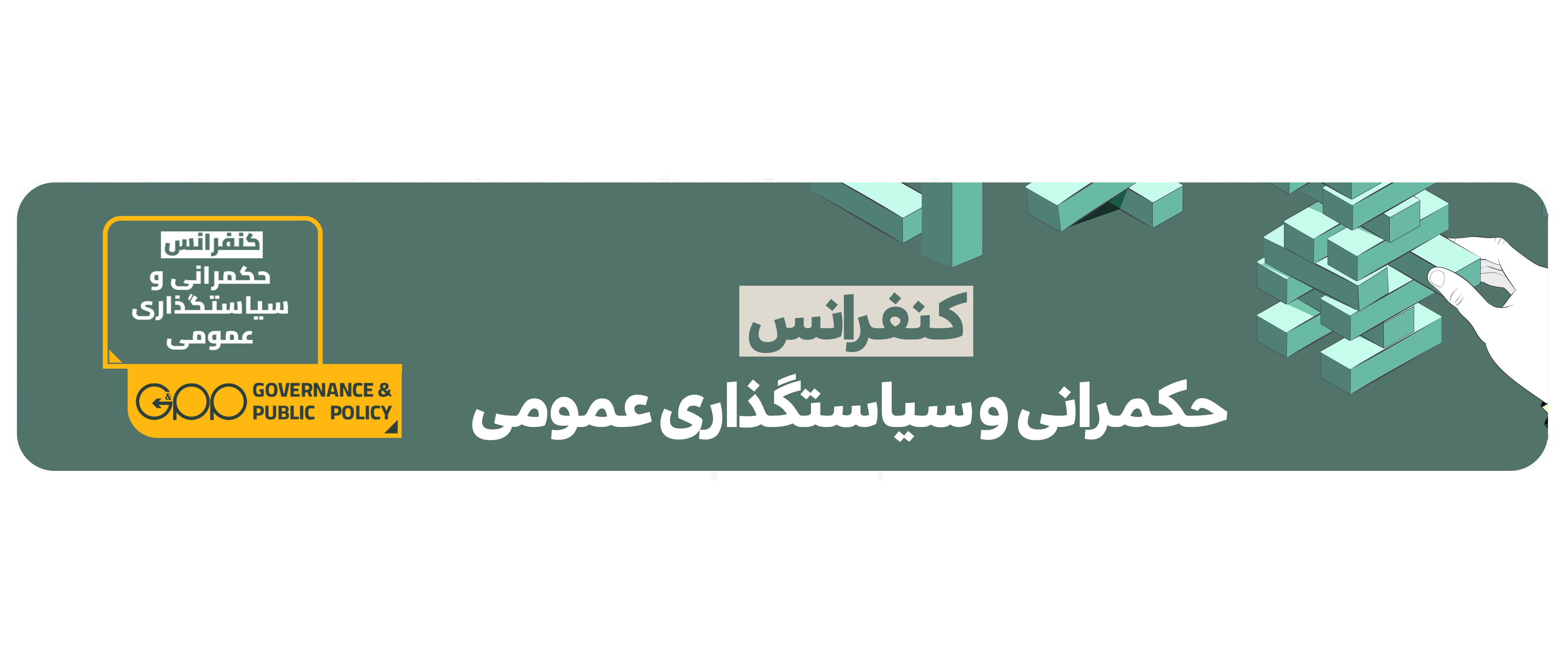abstract
The diffusion of emerging technologies including digital technologies and artificial intelligence (AI) can provide a window of opportunity for latecomer countries to leapfrog and achieve faster economic development. Despite this, development studies have paid less attention to the role of such technologies, and we have yet to understand how, and more importantly why, technological trajectories differ across countries. In this study, in addition to highlighting two tipping points that led to the birth of the AI development trajectory in a developing country, Iran, we draw on institutional work literature to explore the main institutional work ‘types’ which AI pioneer firms have engaged in to create new AI institutions, while overcoming the main hindrances that Iran’s political economy have made ahead of them. Our contribution lies in showing that, in the developing-country context, works of advocacy, mimicry and education were closely intertwined with enabling and constraining conditions, serving as the main strategies through which pioneers negotiated legitimacy and addressed structural resistance.
keywords: Artificial intelligence, institutional change, agency, institutional work, developing country, political economy



 علی بابايی
علی بابايی




